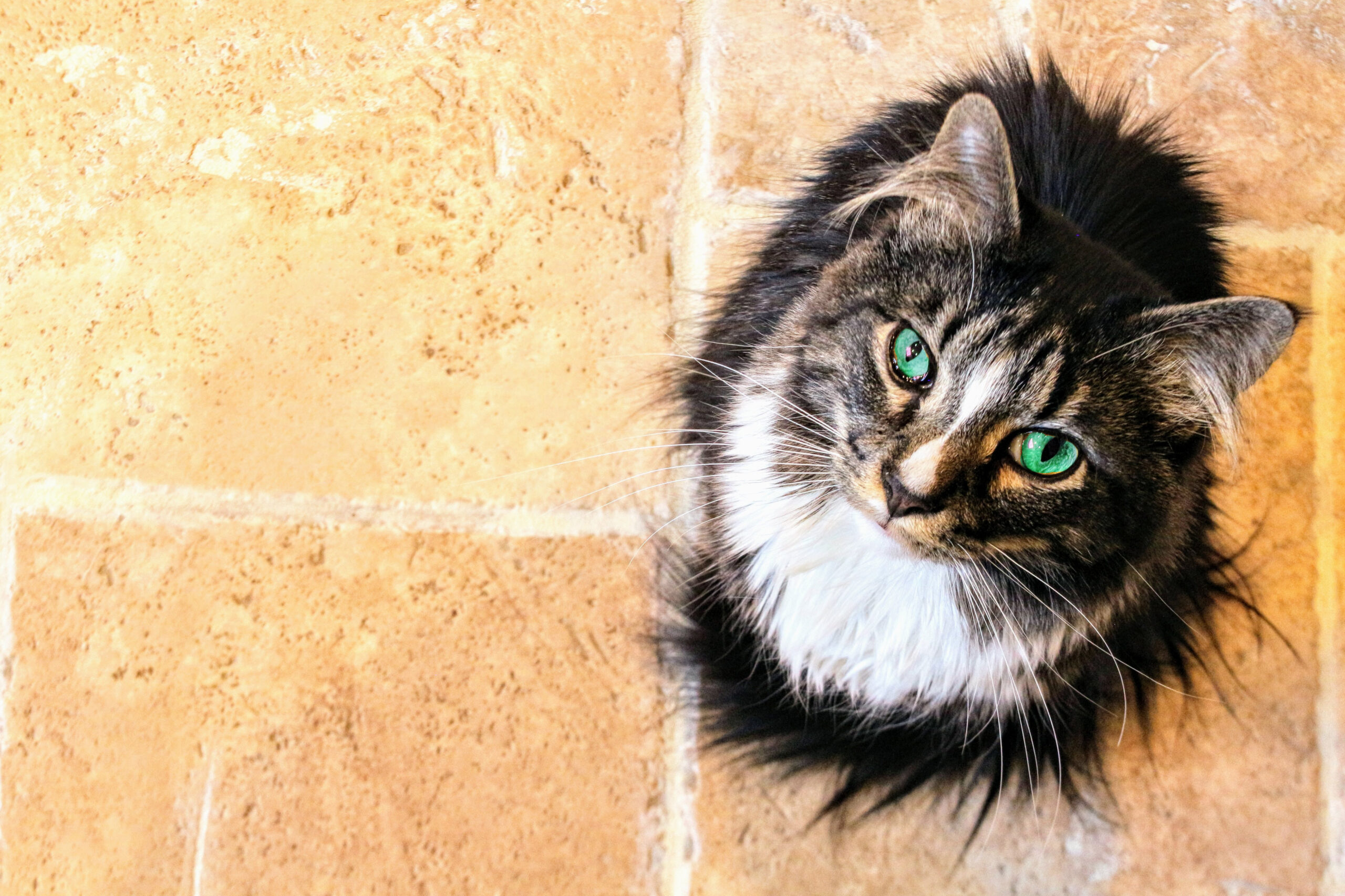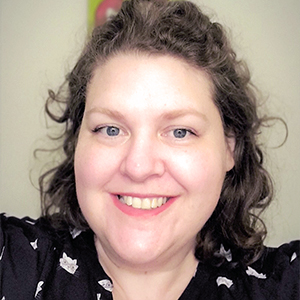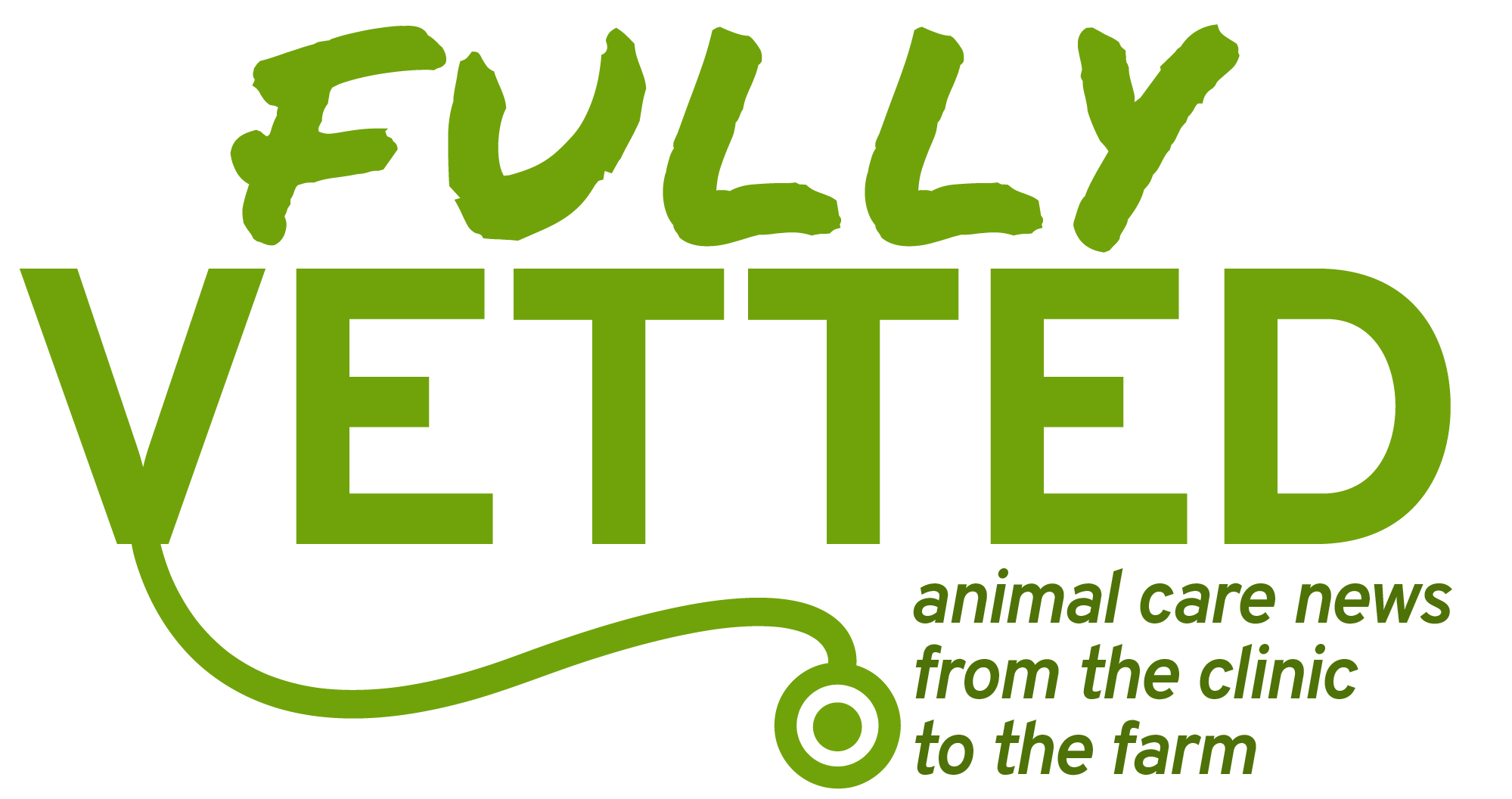
Episode 62
The Eyes Have It: Bringing Ophthalmic Exams into Focus
With Dr. Kate Myrna
MIDWEST VETERINARY CONFERENCE PREVIEW SERIES See All Episodes »
Photo by Jenna Hamra on Pexels
For many general practitioners, ophthalmology is intimidating. Even if you can translate the language of eyes into regular English (just what is a uvea, anyway?), offering eye exams and accurately diagnosing your patients’ leaky, red eyes or sudden blindness requires expensive specialized equipment and advanced training that you don’t have. Referring clients to a specialist is the only option.
Or is it?
In this episode, veterinary ophthalmologist Dr. Kate Myrna shares some good news: Ophthalmology doesn’t always have to be complicated! There are ways to simplify eye exams and make accurate diagnoses using simple tools you already have on hand. If you’re intrigued by what you hear, be sure to sign up for her sessions at the 2023 MVC.
Episode Guest

Kate Myrna
DVM, DACVO
Dr. Myrna has been teaching at the University of Georgia since 2010. Her research focuses on corneal wound healing, as well as the role of systemic cortisol levels on ocular health.
Learn More »
Registration for the 2023 Midwest Veterinary Conference is open! Featuring 300+ hours of live and on-demand CE in 25 tracks, 75 expert speakers, and more than 100 exhibitors, this is another event you won’t want to miss!
Transcript
Krysten Bennett: Hey, everyone. Krysten Bennett and Mia Cunningham here with Dr. Kate Myrna, who is one of our speakers for the Midwest Veterinary Conference next February.
Mia Cunningham: Hi, how are you?
Kate Myrna: I’m good.
MC: Thanks for joining us.
KM: Yes, no problem. I listen to a ton of podcasts. I’ve not actually recorded for one.
KB: Oh, we have a newbie. Exciting!
MC: It’ll be nice and painless, I promise.
KM: Yeah, I figured it’s a short amount of time, so we’re not going to be asking about my childhood trauma.
KB: I mean, we could if you want.
KM: It might not bring people to the seats.
KB: Well, it might bring the wrong people to the seats.
KM: (laughs)
KB: Well, we’re glad that you will be speaking at the Midwest Veterinary Conference next February. If you would like to just introduce yourself and share some background, if not your childhood trauma, maybe something more related to veterinary medicine.
KM: Absolutely. My name is Kate Myrna. I’ve been teaching at the University of Georgia since 2010, despite my hatred of the Southern climate, which is why I’m excited to go to Ohio in February. I grew up in Maryland, though, and I went to vet school in Virginia. And then I decided I would move around as much as possible. So I went to Saskatchewan for my rotating internship, and then I did a specialty internship at Angell West in Springfield, Massachusetts, which is one out of ten. I do not recommend. I may have just offended all of our Springfieldians in the audience, but hopefully not too many there. And then I was at Wisconsin for four years, where I did my residency and my masters, and I am now one of those academics who looks at my paycheck and goes, it’s for the lifestyle. It’s definitely for the lifestyle.
KB: (laughs) We’re glad that you’re looking forward to being in Columbus in February. I wish I could say the same.
MC: Just bring your ice gates!
KB: Or your flip flops, because the weather can really go either way. We’ve had snow, we’ve had ice, we’ve had thunderstorms, and what I’m pretty sure was basically a monsoon last year. You never know what to expect in Ohio, so just prepare for anything.
KM: Well, variety is what keeps us spicy. I don’t think that’s how that phrase goes. (Laughs)
MC: So do you mind talking to us a little bit about the topics that you’ll be covering? Just kind of give us maybe 30,000-foot view or little teaser of what attendees can expect to learn from you?
KM: Absolutely. So I try to aim my talks for things that are super pragmatic to distill complex ophthalmic problems into three-step or three-question approaches. So I’m going to start my day off with reviewing how to do a good exam, which everyone could use a refresher on that, and really focus on the equipment that you’re going to have in your practice, especially how to best utilize your cell phone, which I think is right now your best optimal diagnostic tool that anybody has. So, how do I take good pictures? How do I take good videos? There’s even an app you can get that will reflect a pretty good blue light. So, you can take blue light photos on ulcers and things like that.
We’ll spend a little bit of time on how to look at the retina. My hope is that within the next five years, there’s going to be a fancy schmancy easy camera app that lets you take good retinal photos, and no one will have to remember that skill set because it’s freaking hard. There’s a lot of things in ophthalmology that ophthalmologists tend to talk about as if it’s super easy, but in reality, most practitioners aren’t comfortable. So I have workarounds for almost everything. That’s part of my approach.
From there, we’re going to go to a couple of the diseases that really drive practitioners crazy. So we’re going to do glaucoma. I wish there was a lot of new information about glaucoma, but the outcome is still miserable. We’ll talk about it. I can talk about everything that’s new in glaucoma surgery, in case your local vets are doing the more aggressive procedures. Unfortunately, you’ll also get my opinion about those procedures, which you can take or leave as you wish.
Then we’ll talk about those ulcers that just don’t heal, but they don’t get deeper or infected. So when do I get to rub things on the surface of the eye or attack them with needles, if you’re into that sort of thing.
After that, we’ll do basic surgeries, which overviews all the things I think you should be able to do. If you do a lot of eye surgery, this may not be super helpful for you, but if you’ve got concerns, it should help.
And then uveitis, the worst name for an optical disease that exists because no one knows what a uvea is. It literally means grape; how does that help us? Right? What’s a uvea?
And we end with acute blindness. And how in three simple steps—I have a lot of that three simple steps—you can figure out the location of your blindness, whether it’s retina, optic nerve, brain, things like that.
The uveitis and the blindness talks, those are case based. So there’s going to be lots of fun step-by-step photos that we can go through.
And I will try not to swear. I swear a lot. I get that on my students evals. My favorite one, they said, I wish Dr. Myrna would swear more. And my department head, very seriously, was like, I’m not sure you should take that comment. I’m like, sir, that is sarcasm right there, because I assure you, I swear enough for, like, five professors.
But yeah, we’ll have a good time, and there will be a ton of good pictures and plenty of time to ask questions. I do not mind stopping midstream and addressing what’s going on in the room so, yeah, that’s my shtick. And I think you should join me.
KB: I’ve got to say, that’s the most fun I’ve had listening to someone talk about eyes, so I’m on board. That’s interesting that there are so many apps for taking pictures of eyes.
KM: Yes, and a lot of them are the basic camera apps. It’s just knowing three or four unique settings so you can get the right picture.
And we all know that we’re stumbling—or being dragged against our will—to telemedicine. Ophthalmology is particularly well suited to it, but as I said earlier, the best answer is almost always referral. But that’s just not realistic, right? I tell everyone that they can have my phone number and you can text me a photo for a quick consult. So basically, all day long, it’s people sending me photos with some, like, obligatory, I hope you’re okay, blah, blah, blah, blah, blah, 20 minutes about the Frenchie they’ve got on the table in front of them.
But how do you capture an image that will get your local ophthalmologist recognize what’s going on? Or you can get my phone number, too, and just add you to the queue of weird photos coming at me.
My wife does not open my gallery on my phone anymore. We were at Oktoberfest at a local brewery. People were appalled, and I had to apologize and explain, and I just forget. I forget that this is not normal to flash a picture of a proposed eye at some accountants, because that’s what she does.
KB: Oh, I was going to say, you probably have more pictures of eyeballs on your phone than any normal human person should have.
KM: Right! And that’s why you end up with these amazing AI-curated photo montages to, like, inspirational music, and they are just disgusting eyeballs. And I’m like, Apple, this is not what anybody asked for. It’s just like melting ulcer after melting ulcer after melting ulcer.
KB: So I bet you’re fun at parties.
KM: It’s better if I’ve had a drink in me. I’m one of those introverts on the ground, extrovert on the stage kind of people, so you forget that I’m there until suddenly you can’t deny that I won’t shut up.
KB: Awesome. But anyway, let’s reel this back in. Is there anything that you want to highlight about your sessions? Anything, like new or surprising or unique that might pique interest among attendees?
KM: I have a very strange Teenage Mutant Ninja Turtles reference that seems to always come up. So if you just want, like, an Easter egg, you can go for that.
But really, it’s about simplifying something that a lot of people have felt is just too intimidating. Ophthalmology kind of stinks, because it has its own language, and if you start with a discipline where no one even knows what you’re talking about before you even get going, you tend to lose people pretty early on. So I think the benefit of me, if there is a benefit of me, is that I don’t dumb it down, but I cut through the vocabulary and the density that you sometimes get mired in when you deal with a specialist. Because I want all of my graduates to go out the door completely competent with eyeballs.
MC: Before we let you go, and short of giving out your phone number—which is amazing to me, that you’re willing to do that…
KM: I haven’t been burned yet. Quick, knock on every wood!
MC: (laughs) But we’ll save that for the people that come to the session. But if someone would like to reach out to you online, where can they find you? Do you have a web page, social media? Where can people locate you online?
KM: Oh, yeah. I am straight up nonexistent on social media, which is appalling and one of the only times I feel old. Because I’m very much steeped in the Internet, and yet I don’t seem to participate. I am certainly on the University of Georgia website, but that question has led me to believe that I should get my act together and start up a little social media presence.
MC: At least Instagram… at Eyeball Doctor.
KB: Well, you know, once you start, you can’t undo it, so just be careful.
KM: I get bored super easily. I could see starting a bunch of things and never updating them, and that would just disappoint the millions of fans I would get immediately upon establishing myself on Instagram or TikTok or what have you.
KB: I could see your stuff on Instagram or TikTok.
KM: Yeah. So I’m just protecting the masses by keeping it locked down.
MC: Well, thank you so much for joining us. That was easy peasy. You did a great job.
KM: Great. Thanks. Hopefully you’ve got what you need, and I didn’t say anything too embarrassing.
KB: Well, you didn’t even swear once!
KM: (laughs) Not even once!
KB: Which is a little disappointing after the warning.
KM: I really thought about it. I was talking to my students this morning, and I’m like, I am going to get all my swear words out now during this lecture so that I do not slip up and drop 25 F-bombs while recording the podcast.
KB: You know, you’d be the first one on the show to drop an F-bomb, and I could find a sound that goes beeeep and bleep it out. It could be fun.
KM: Love it. All right, well, I won’t keep you guys any longer either, and it was just a pleasure. Thank you very much.
MC: Thank you.
KB: Oh, absolutely. This was really fun. Like I said, I’ve never had so much fun talking about eyeballs.
KM: Yeah, we’ve got a bad rep!
MC: And hopefully we’ll get to see in person at the MVC.
KM Yes. Thank you so much. Have a good afternoon.
